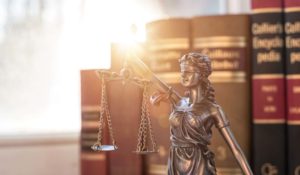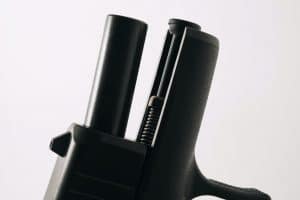Is it common for investigating police officers to take cell phones from armed citizens involved in use of force in self-defense, even if the armed citizen is not taken into custody after the incident? If this is common procedure in your area, how long does it usually take for retrieval of personal items seized during an investigation? How does this vary if the person is or is not charged with a crime?
Whether or not your cell phone is taken is going to depend greatly on the apparent credibility of your self-defense claim and also on the jurisdiction where the act of self-defense takes place. In southern Indiana, where we are located, most prosecutors recognize the legitimacy of the right to self-defense with a firearm. This means that, in many counties in southern Indiana, you are unlikely to be arrested where self-defense seems apparent. In situations where you are not arrested, it is unlikely that your cell phone will be taken.
In fact, when I spoke to one of the local prosecutors about this subject, he indicated that it is not standard practice to take cell phones where self-defense seems apparent. However, if the self-defense claim is questionable, the investigating officers will keep your cell phone until further investigation is completed. They will keep the cell phone until the prosecutor decides not to file charges or, if charges are filed, until the charges are dropped, a plea is entered, or a trial is concluded. The cell phone would be given back immediately after a finding of not guilty or a dismissal of the charges. However, achieving the dismissal can sometimes take a long time.
Obviously, the particular circumstances surrounding the incident will determine whether self-defense seems “apparent” or “questionable” as dictated by the local prosecutor or law enforcement. That is why it is very important to have a firm grasp of how to handle the aftermath of a self-defense encounter. How you handle the aftermath will have a great impact on whether your self-defense claim seems credible or not. There are many things you can do to support the credibility of your claim of self-defense, including how you handle the 9-1-1 call, how you handle interactions with potential witnesses, how you handle interactions with the responding officers and so forth. Many of these topics are covered by Network educational materials and other attorney question responses and are extremely important to understand.
For those of you who are worried that your cell phone will be taken and lose important contact information, you should take the advice given by Gila Hayes in her September article, Good Planning for Bad Times, which details the importance and contents of an “In Case of Emergency” file for you and your loved ones in the event you do lose your cell phone. This file should contain all of the important information you would have saved on your cell phone. By the way, it also is extremely important to make sure your cell phone is encrypted.
Originally published at https://armedcitizensnetwork.org/en/november-2018-attorney-question





